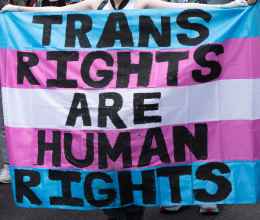
The Supreme Court ruled in 1969 that students do not "shed their constitutional rights to freedom of speech or expression at the schoolhouse gate." This is true for other fundamental rights, as well.
Open the menus below to learn more about your rights in Maine public schools.






